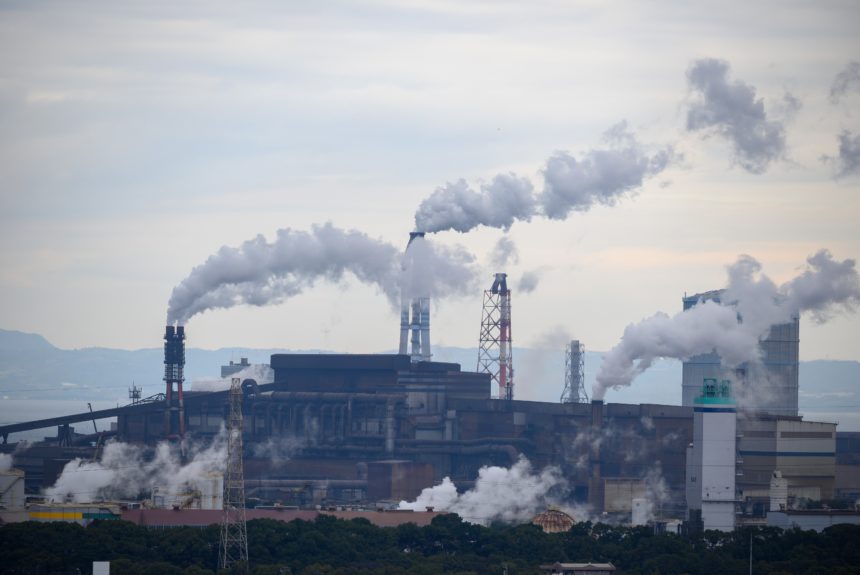The word “Socialism” has re-entered the national spotlight and it doesn’t seem to have the negative connotation that it once did. Whether you call it “Socialism” or “Democratic Socialism,” both words carry with them the same general belief that the government should dictate or regulate the means of production in an economy.
Socialist policies are presented as the solution to climate change, but this directly contradicts the history of socialism. Not only is socialism not the solution, but it would cause the United States to reverse much of the progress it has already made to combat climate change. This is not to say that government has no role to play in reducing emissions, but instead, that government alone is not the solution.
Historically, socialist countries have led to not only economic but also environmental disasters. The government often cannot adjust rapidly to the needs and demands of consumers. This leads in turn to overproduction, misuse, and destruction of limited resources.
Marshall Irwin Goldman, a researcher and long-time professor of economics, spent much of his career studying the former Soviet Union. One of his most notable works, “The Spoils of Progress,” focuses on the pollution and environmental impact of the Soviet Union. Goldman reported poor water quality, the absence of sewer systems, and the depletion of resources to meet the Kremlin’s goals and deadlines. At times many rivers, most notably the Volga, held such high percentages of hydrocarbons that they would repeatedly catch fire.
In 1971 Goldman wrote an article for The New York Times reporting on the environmental catastrophes in the Soviet Union. While many researchers thought that the Soviet system would have an advantage over freer economies when dealing with environmental problems, quite the opposite was true.
Goldman noted that “in a situation where the overseed are also the overseers it is unrealistic to expect polluters to punish themselves for their misdeeds.” This highlights a major issue with Socialist and Communist systems. Whereas in a free economy, the manufacturer is accountable to the consumers and the government, manufacturers in a socialist system are part of the government, and accountable only to themselves.
A lack of competition in these markets removes the power of the consumer to choose companies that pollute less, while creating perverse incentives for a government to cover up environmental catastrophes that occur on its watch.
These problems were not unique to the Soviet Union. Examples of the destruction of the environment through socialist policies can be found in China and Eastern Europe. The collapse of the Soviet Union helped bring some of these problems to light. In an article for the EPA Journal in 1990, Richard A. Liroff reviewed the state of Eastern Europe after almost 40 years under communist rule and surmised the following:
“The forests of western Czechoslovakia, southwestern Poland, and the southern GDR (East Germany) have been devastated. Budapest, Prague, Krakow, and other major cities routinely have air-pollution readings well above existing health standards.
The devastation of the environment is revealed through effects on human health and welfare. In especially contaminated areas, statistics and anecdotal evidence show dramatically elevated rates of respiratory disease, reproductive and developmental problems, and shortened life spans.”
Now is the time to foster an environment of innovation. Now is not the time to return to Soviet-era policies that will only further hurt the environment and do nothing to combat climate change. We cannot afford to take steps backward that would hurt the climate and overall wellbeing of all people. We must embrace economic freedom –not socialist systems – to improve the environment.
Clark Strawser is a contributor to C3 and Adjunct Professor with the Helm’s School of Government at Liberty University. Follow him on Twitter @ClarkStrawser.
The views and opinions expressed are those of the author’s and do not necessarily reflect the official policy or position of C3.
